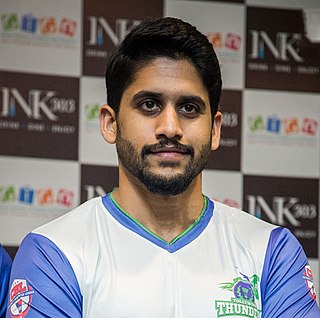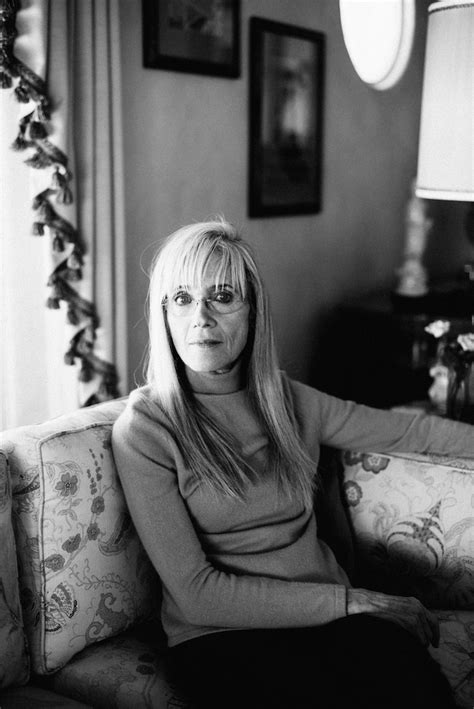A Quote by Anushka Shetty
Related Quotes
I naively thought I was making a low-budget movie. But, when the film came out, the Daily Variety reviewer at that time who was named Art Murphy described it as an exploitation film. I had never heard that term before. Roger never used it. So that's how I learned that I had made an exploitation film.
When you're battling against the minds of the studios and the money that can go into promoting larger budget films, it's very hard for a very small-budget Australian film to get a look in. You can get critically acclaimed and go to various film festivals around the world, but that doesn't necessarily mean the majority of people are going to hear about it.
Um, 'Soul Food'... Another wonderful little movie that could. Here's a film that, I think our budget was maybe $6 million. We shot it in Chicago in six weeks. I was so proud of the film, because it showed America that an African-American film about family could sell, could do well, could cross over and have true meaning.



































